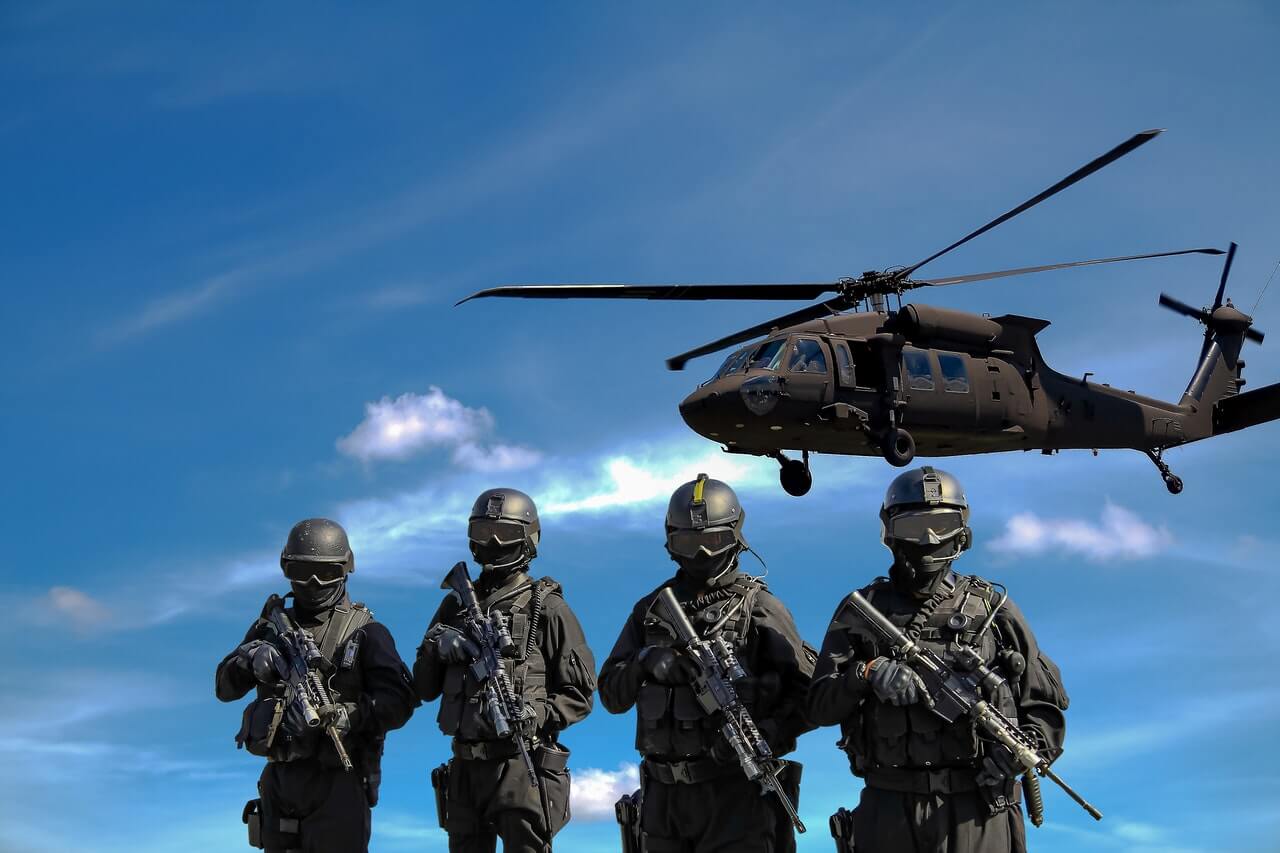Editor’s note: We don’t usually cross-post between our two blogs, but given recent events we feel it’s important for the following to reach as many eyes as possible.
I know something about terrorists.
From 1972-74 I was part of a US Army counterintelligence operation that successfully infiltrated a front group for what became known as the “Red Army Faction,” a terrorist organization in Europe that killed dozens.
From 1975-77 I worked out of the US Army Intelligence Command’s Ft. Meade HQ, where I read daily classified “Terrorism Reports” from around the globe, activity that seldom made the news back here in the good ol’ “safe” USA.
The names have changed, the nature of the beast has not. We Americans aren’t only at risk abroad, but in our own cities, at our own major events, and at virtually any other public location.
So if you’ve been playing ostrich, get your head out of that hole, because the only way to protect yourself is awareness. The best form of crisis management has and will always be crisis prevention.
Every citizen of Israel knows the warning signs because suicide bombers and other terrorist attackers have been unfortunately commonplace over the years. Russians are more aware than ever because of attacks by the same group, radical Chechens, that are allegedly responsible for the Boston bombing. In the UK, until peace was finally made with the Irish Republican Army, every Brit was hyper-aware of the risk factors every time they went out in public.
Now it’s our turn, and here’s where to start – The FBI’s “Preventing Terrorist Attacks” page. If you want more info, follow any of the many links provided at that page. And share the info with your loved ones. If we all do this, more terrorists will be detected before they can strike, others will have their plans at least somewhat thwarted. Can we prevent them all? Of course not. But the experience of other countries is that we can do a lot more than we’re doing now, as individual citizens.
There is no way law enforcement agencies can do the job themselves, we have to take individual responsibility as well.
——————————-
For more resources, see the Free Management Library topic: Crisis Management
——————————-
[Jonathan Bernstein is president of Bernstein Crisis Management, Inc., an international crisis management consultancy, author of Manager’s Guide to Crisis Management and Keeping the Wolves at Bay – Media Training.]

